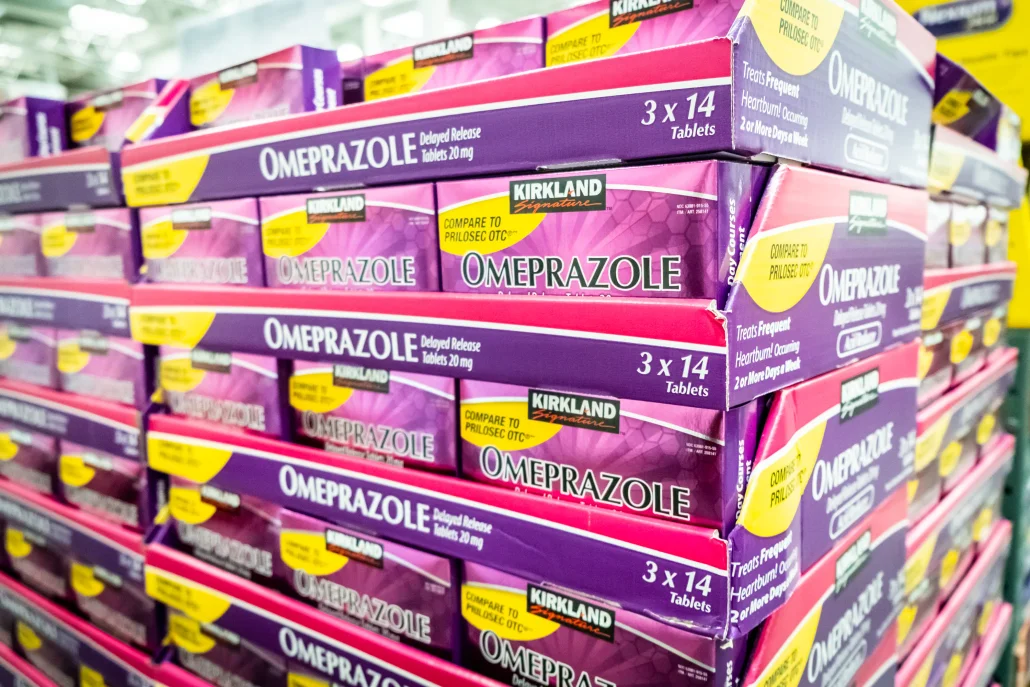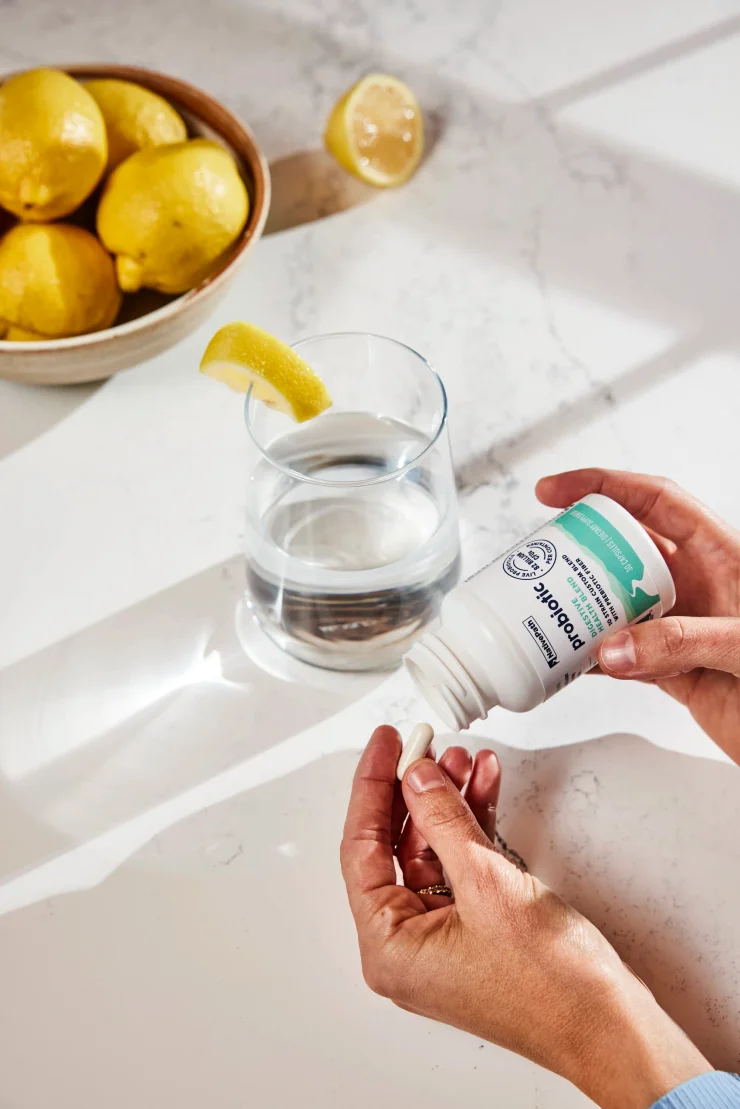Omeprazole (Prilosec) for Acid Reflux: Is It the Best Option?
Among the 20% of Americans who suffer from GERD (gastroesophageal reflux disease), many reach for omeprazole—also known as Prilosec—for relief (1).
It’s a type of drug called a PPI, or proton pump inhibitor. A PPI helps curb symptoms of acid reflux, a common occurrence associated with GERD, by reducing the amount of acid your stomach produces. PPIs have been around since 1981, and are available by prescription or in over-the-counter form.
While omeprazole is especially popular among people suffering from GERD, it is also used for managing ulcers, certain stomach infections, conditions that cause excess stomach acid, and esophagitis. It’s estimated that as many as 15 million Americans take PPIs.
However, most doctors recommend that people only take PPIs for short periods of time. They only treat symptoms of GERD. They don’t resolve the root cause of the disease, and long-term use of the drug is associated with a range of health risks (2).





